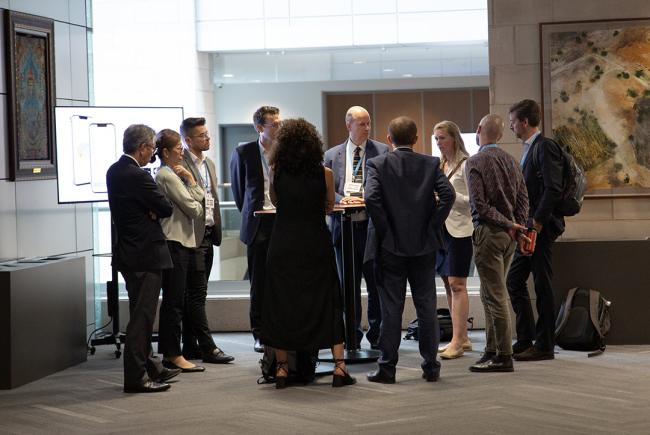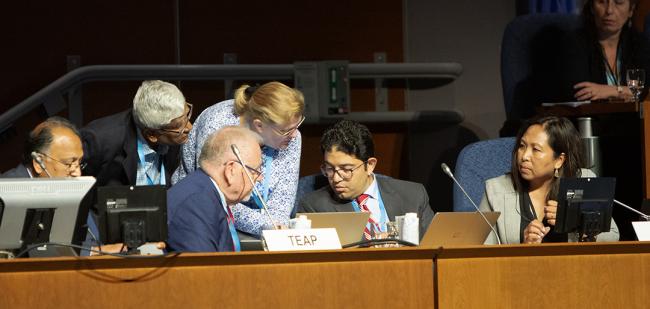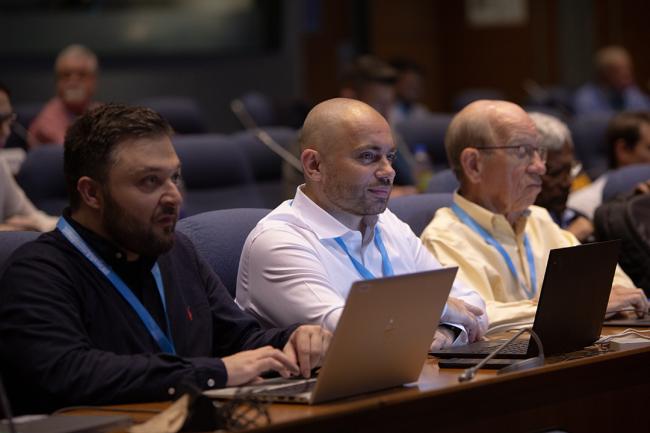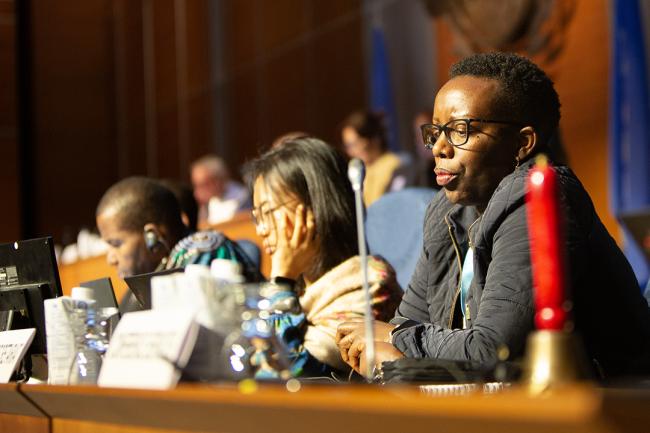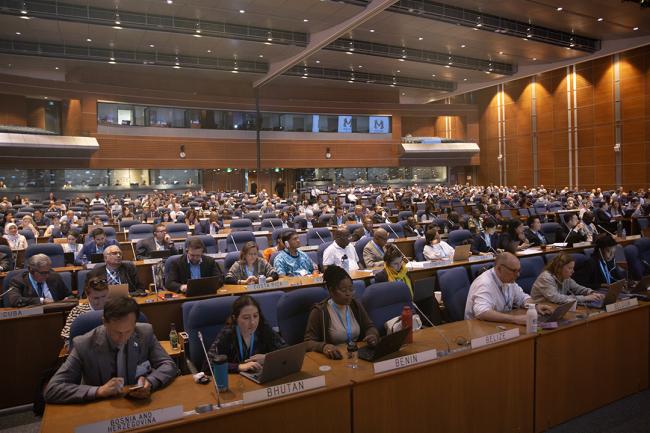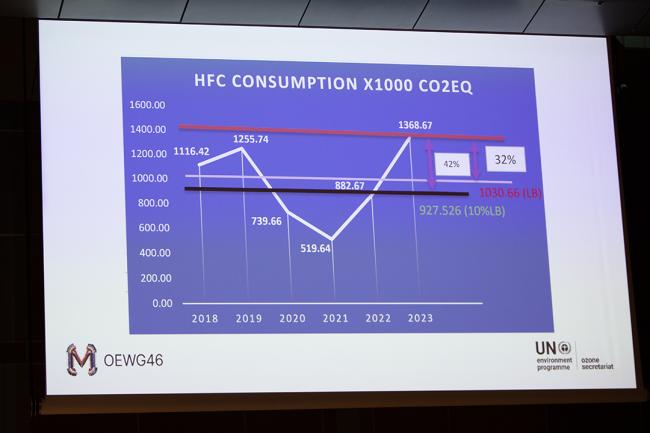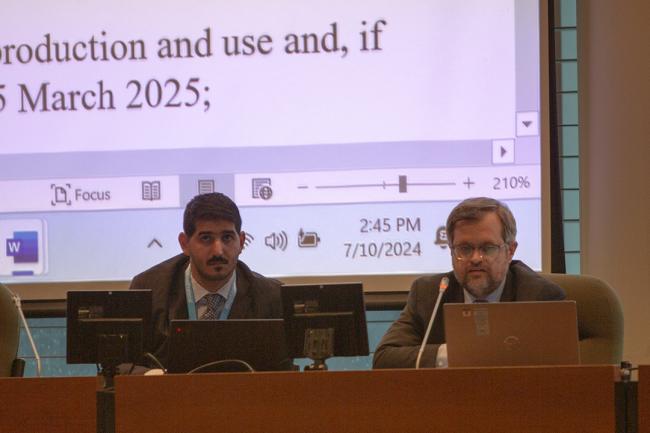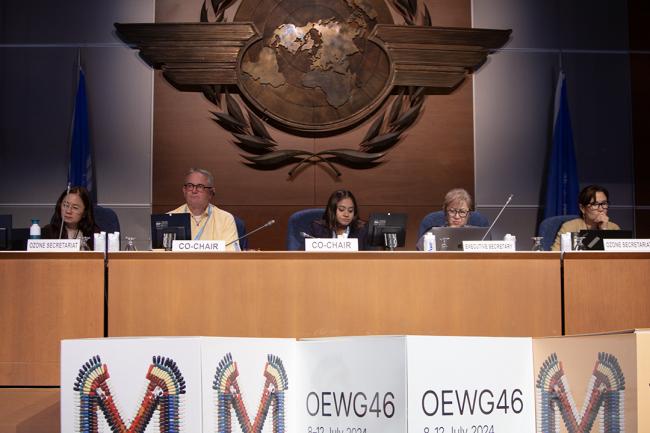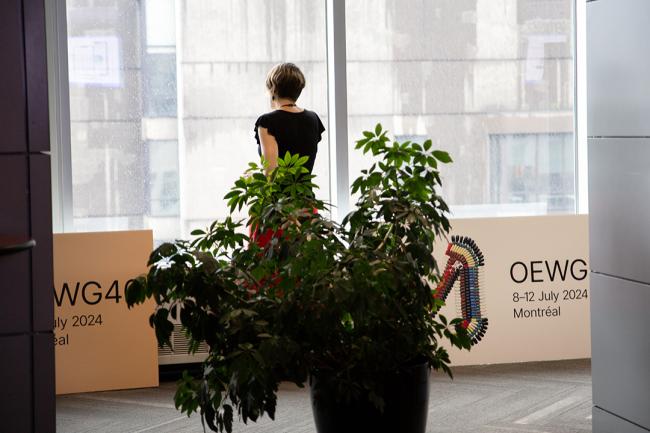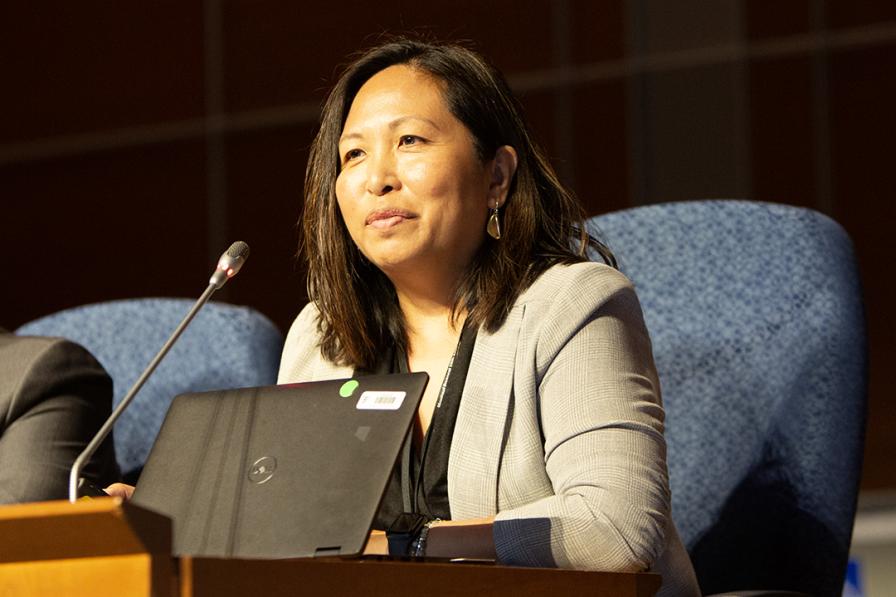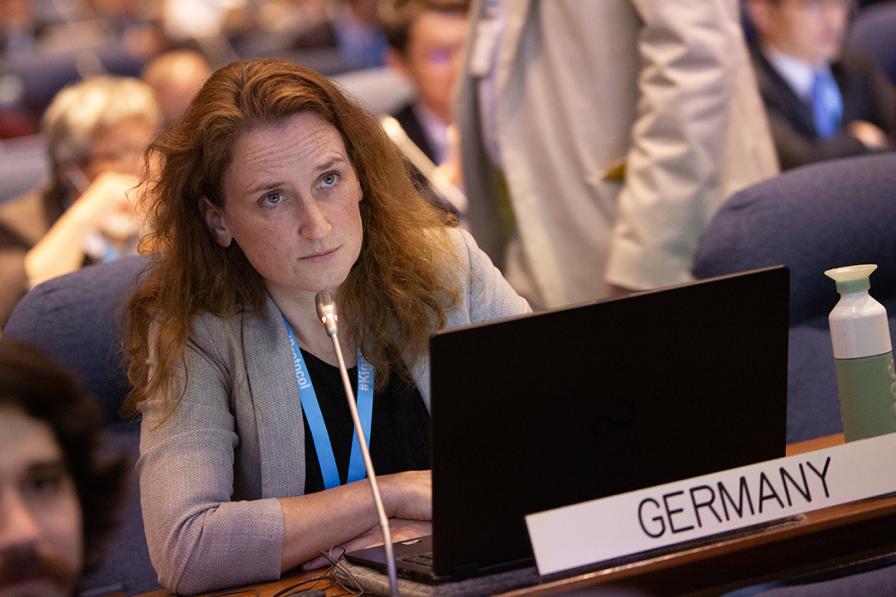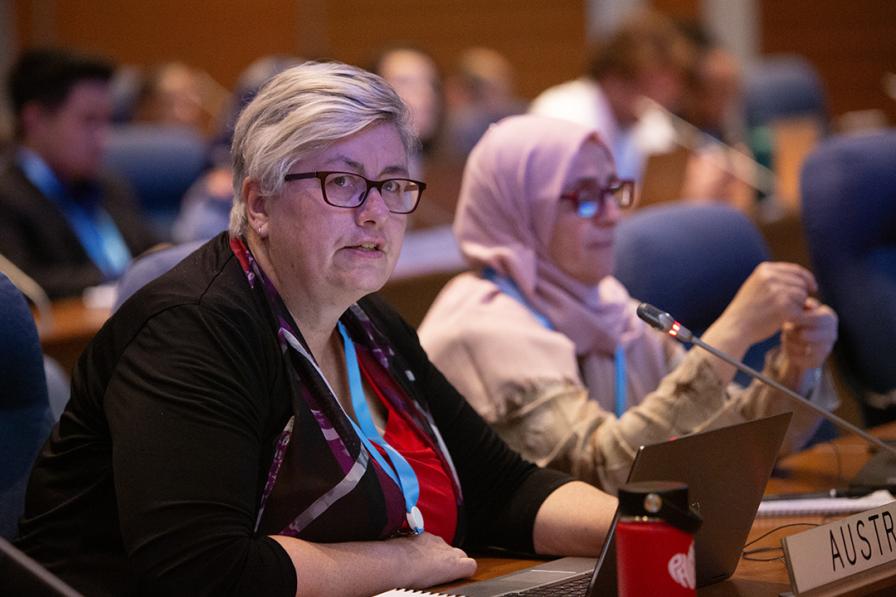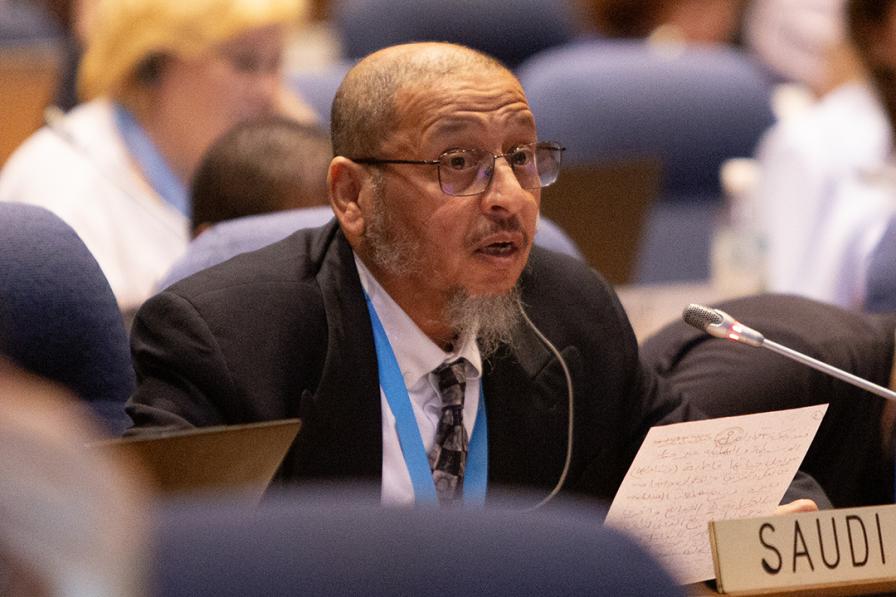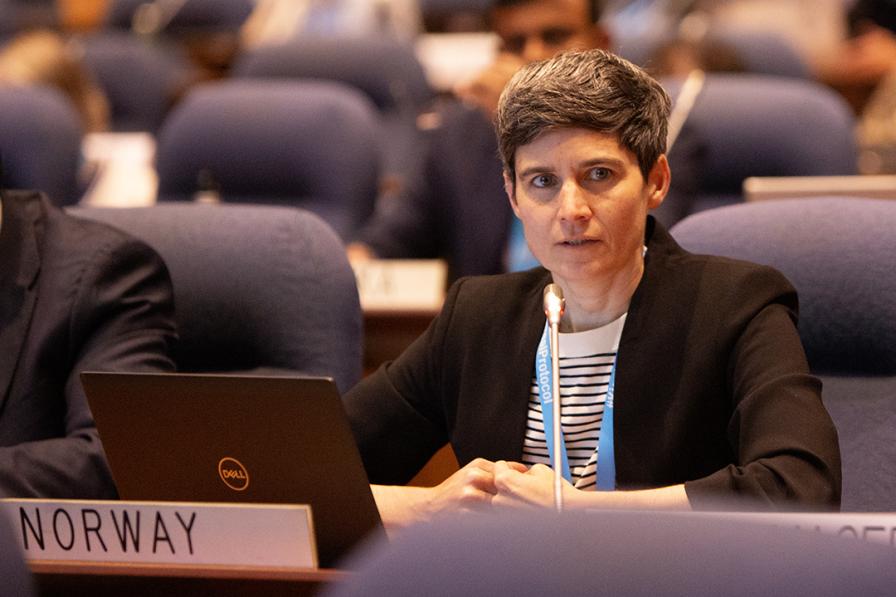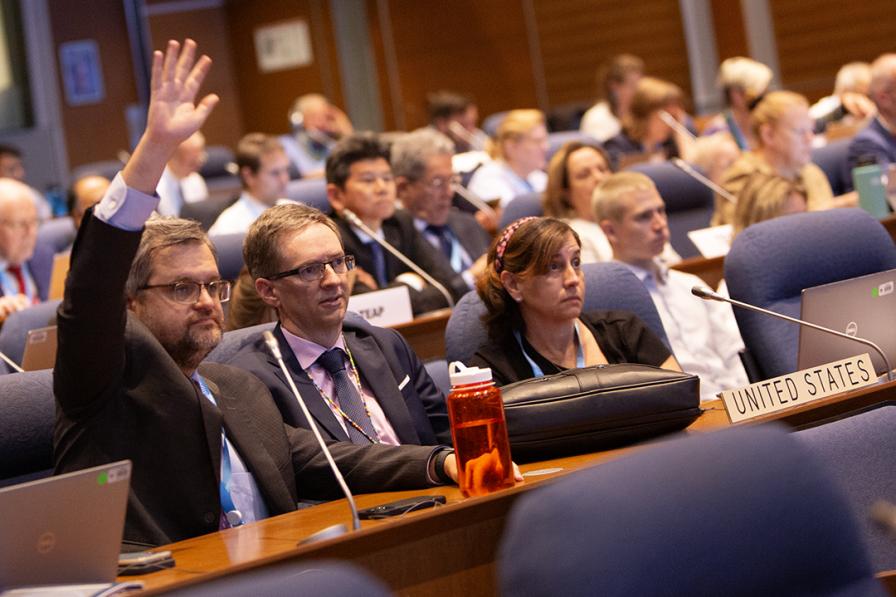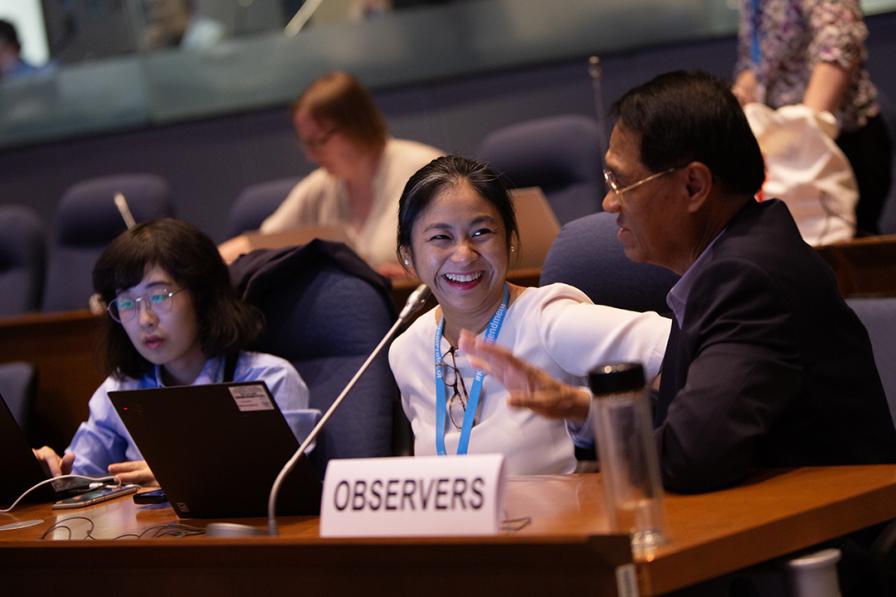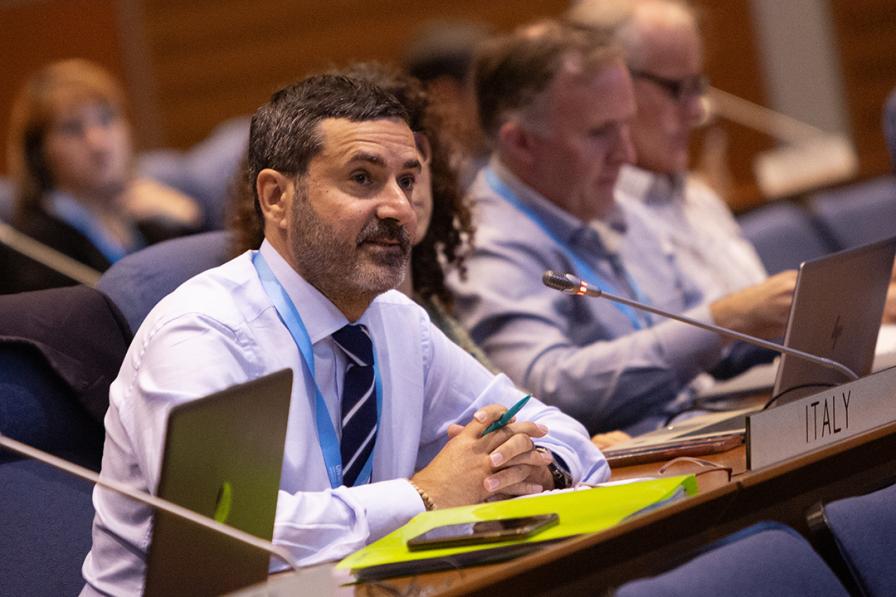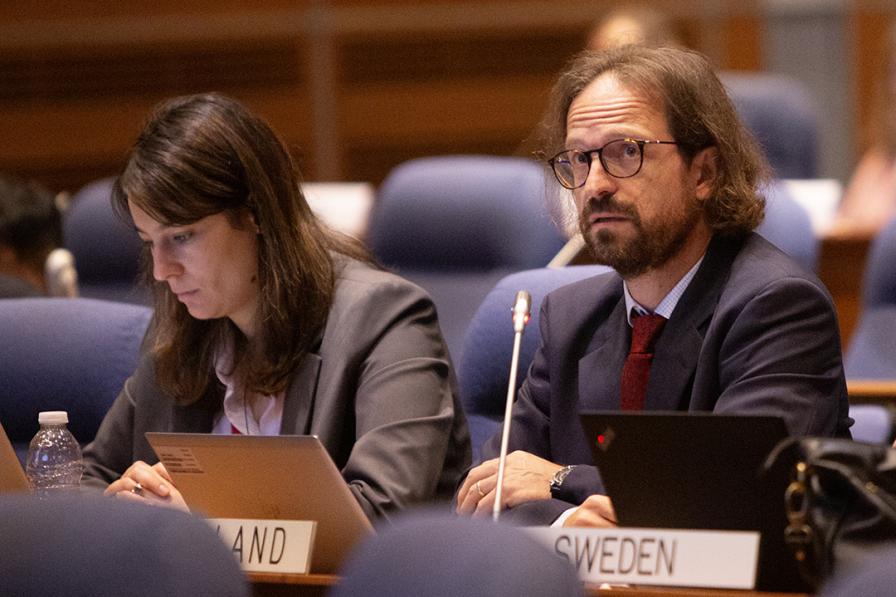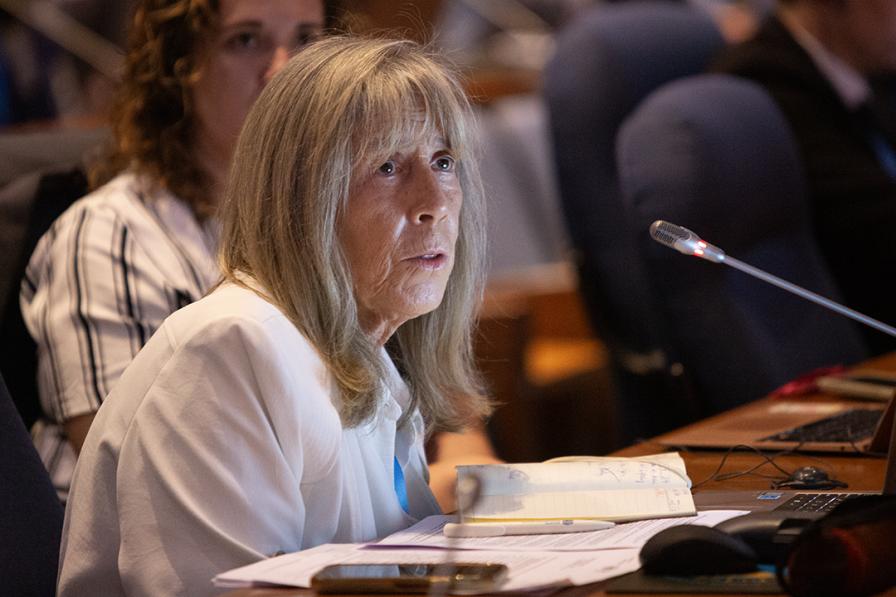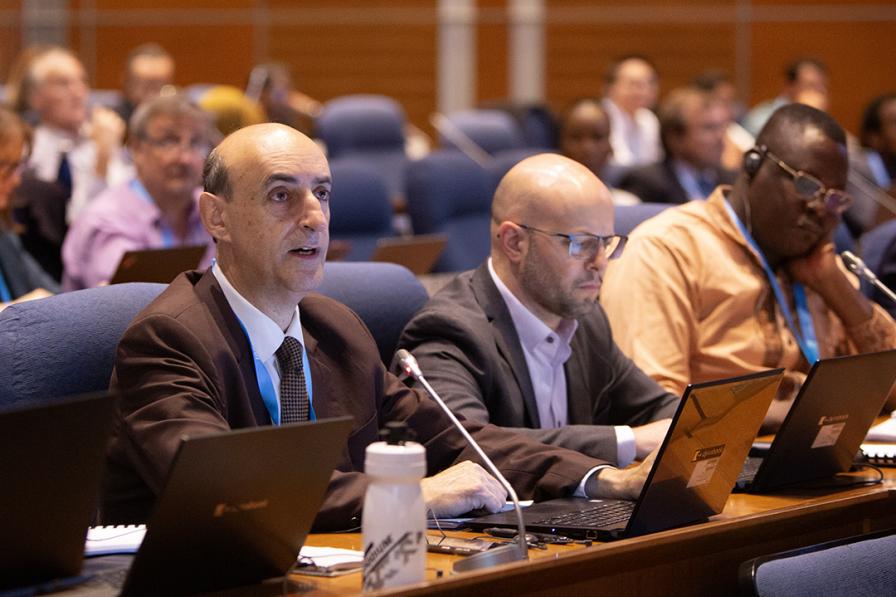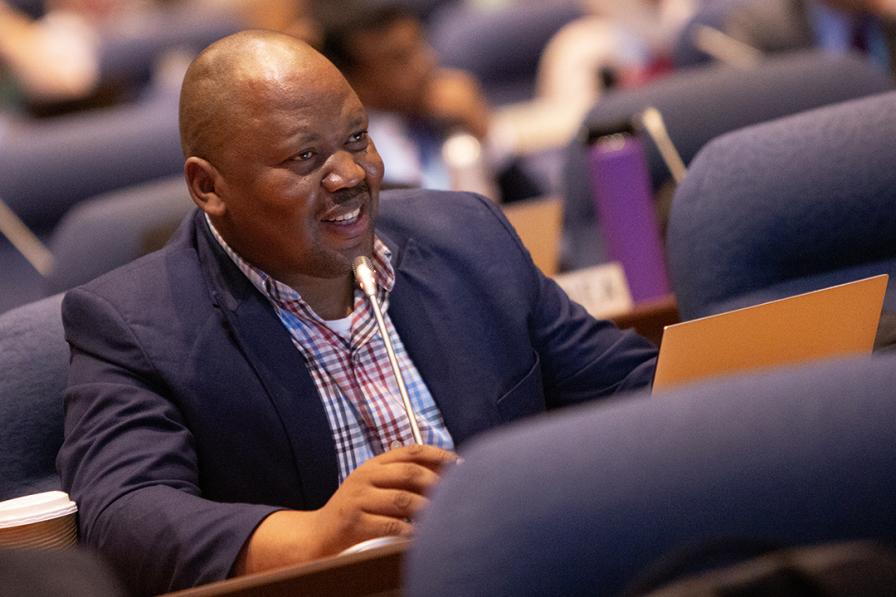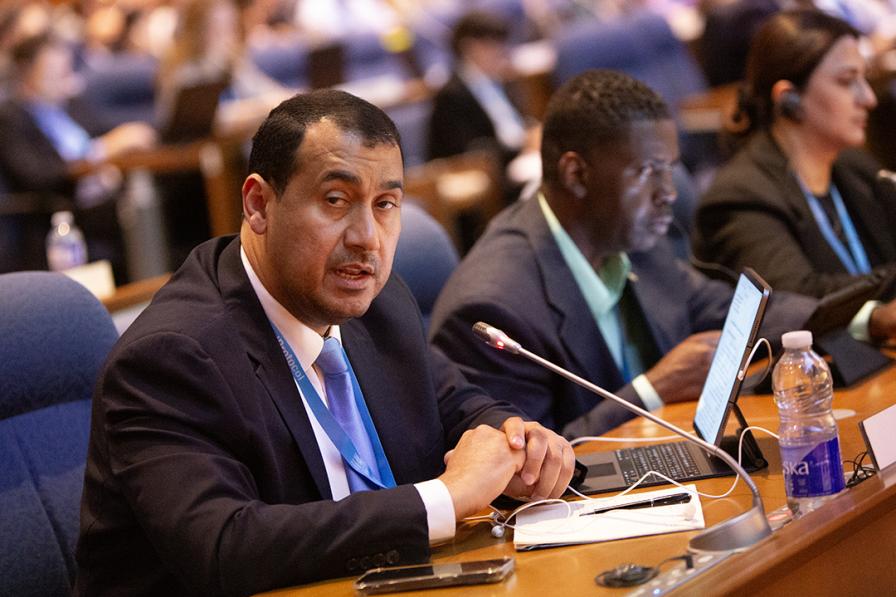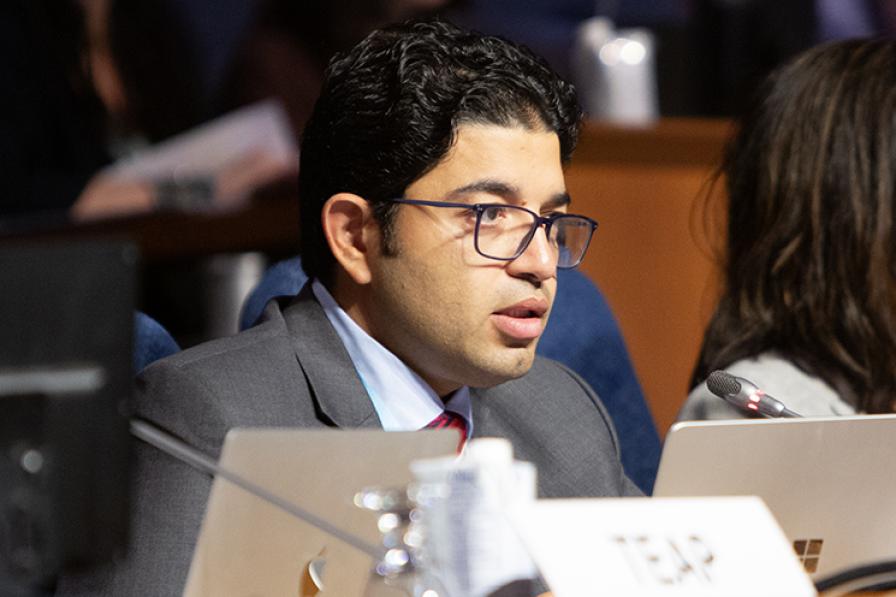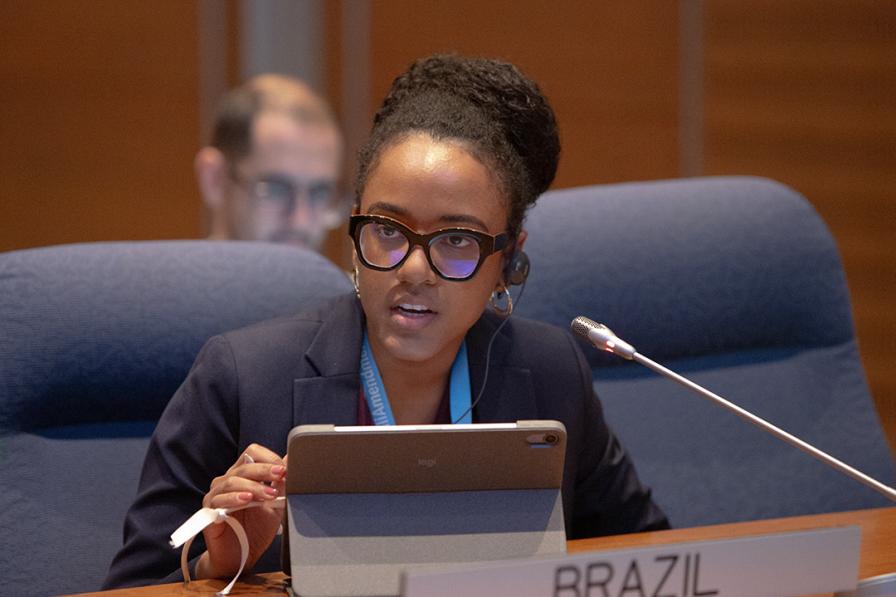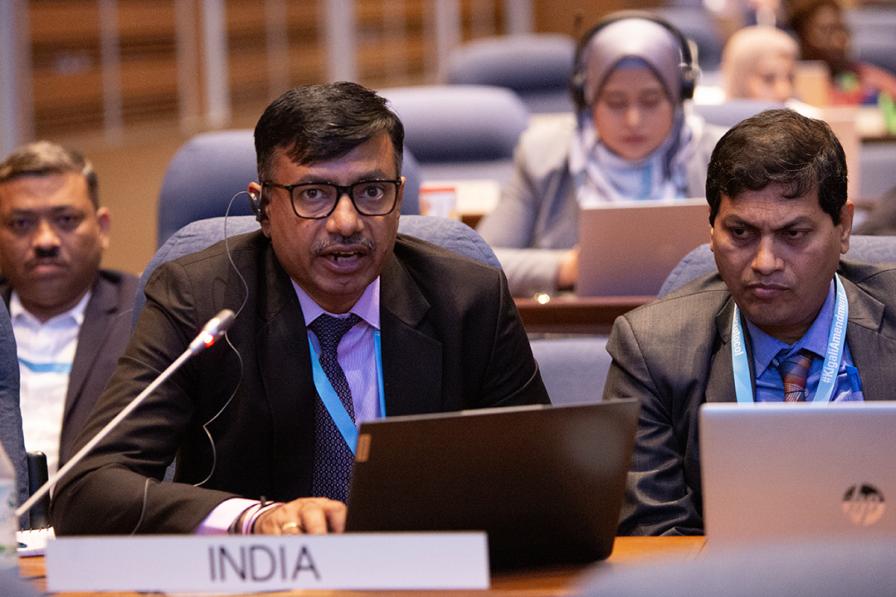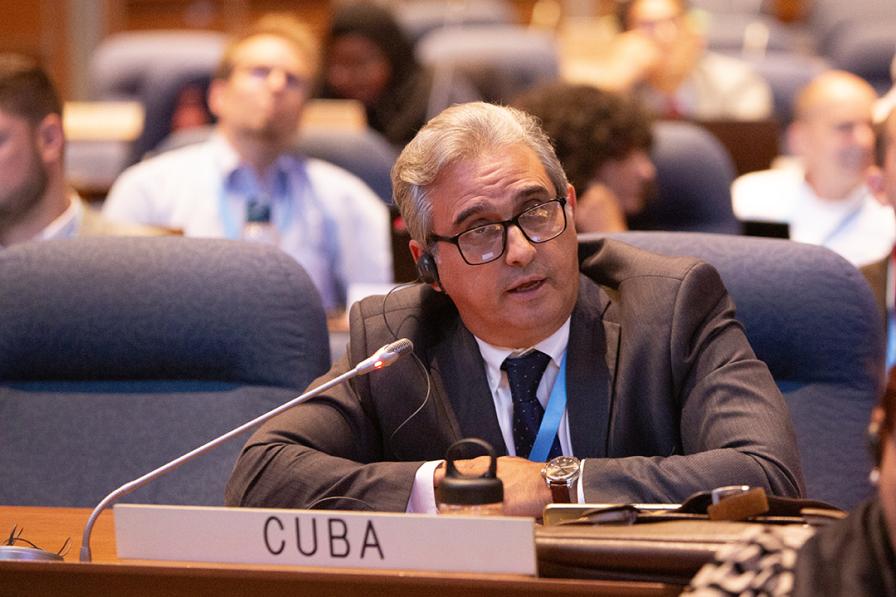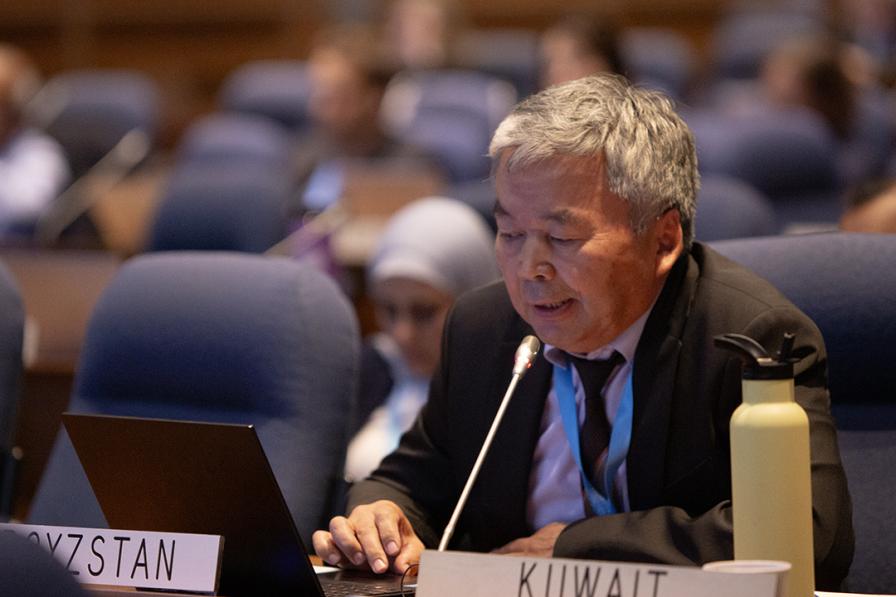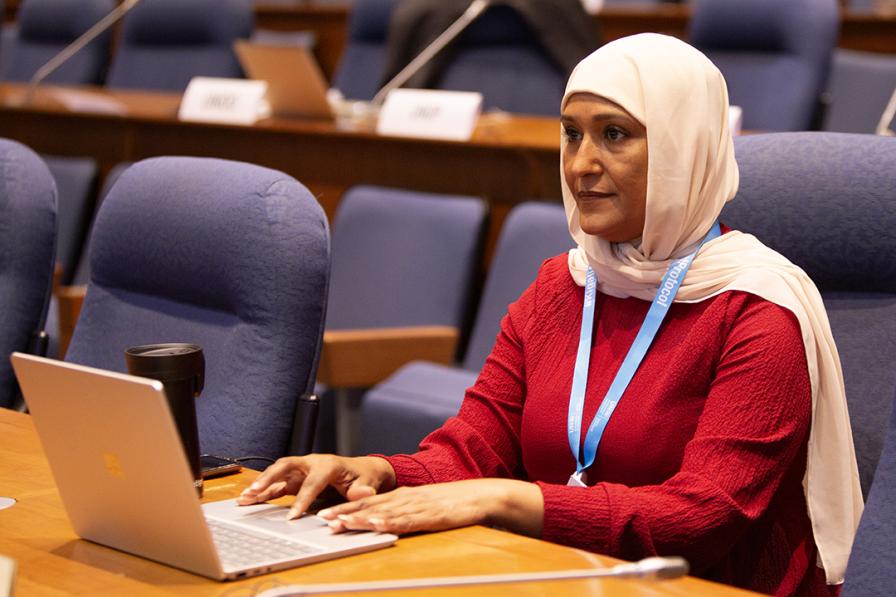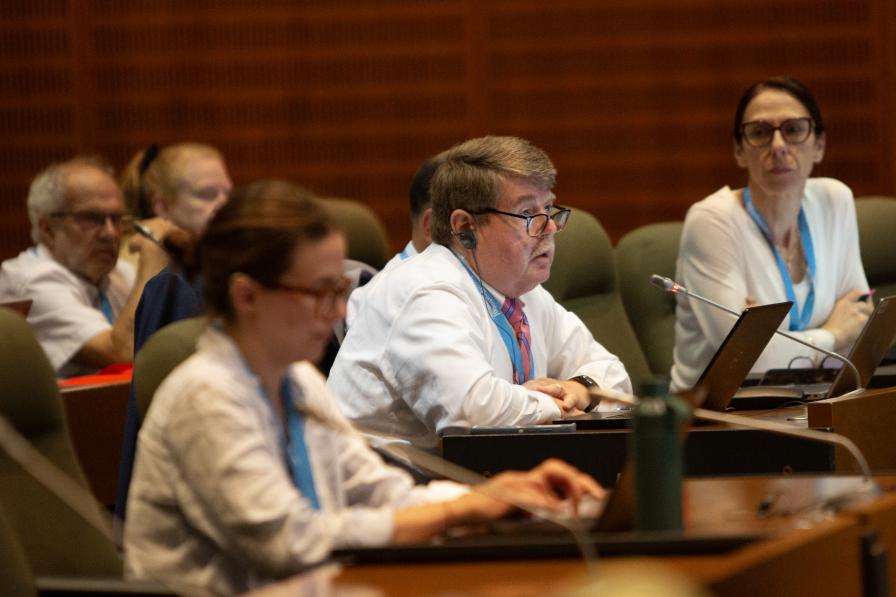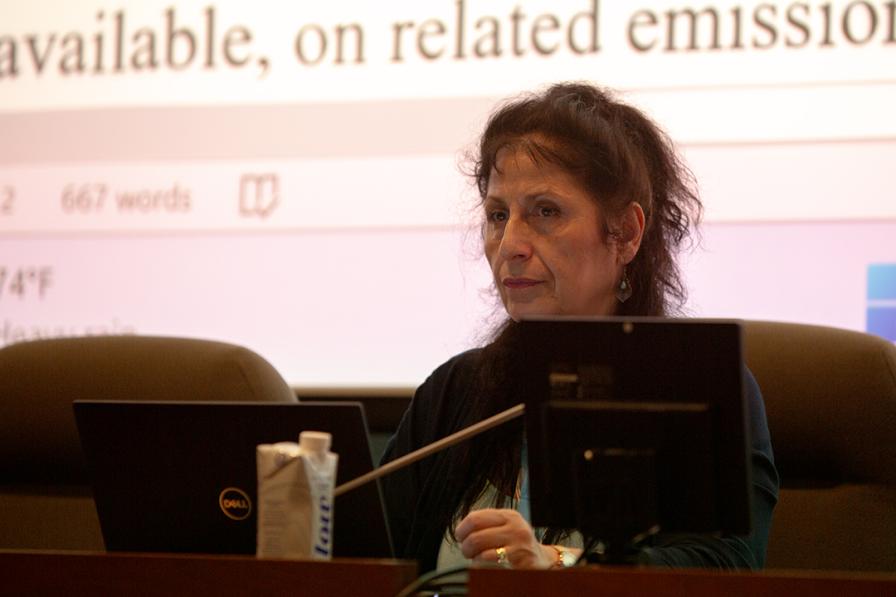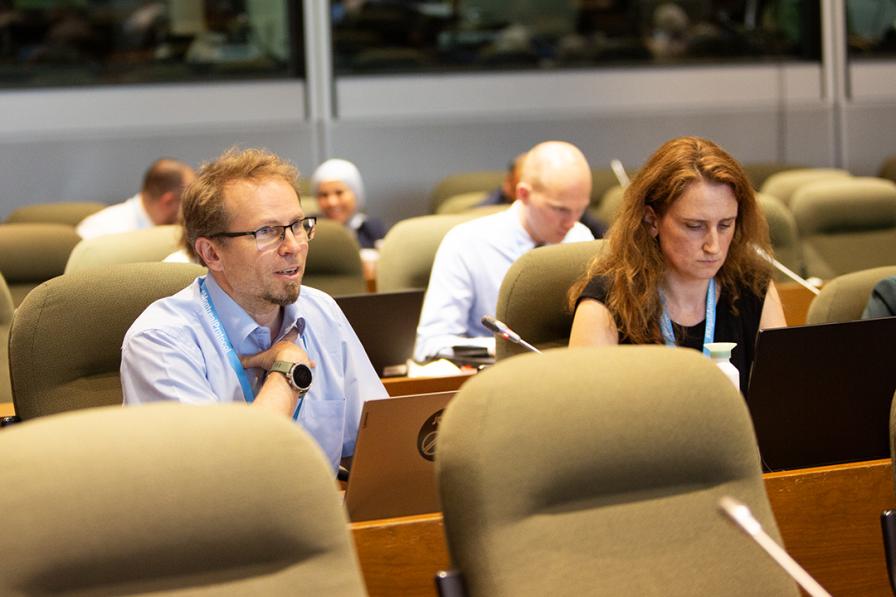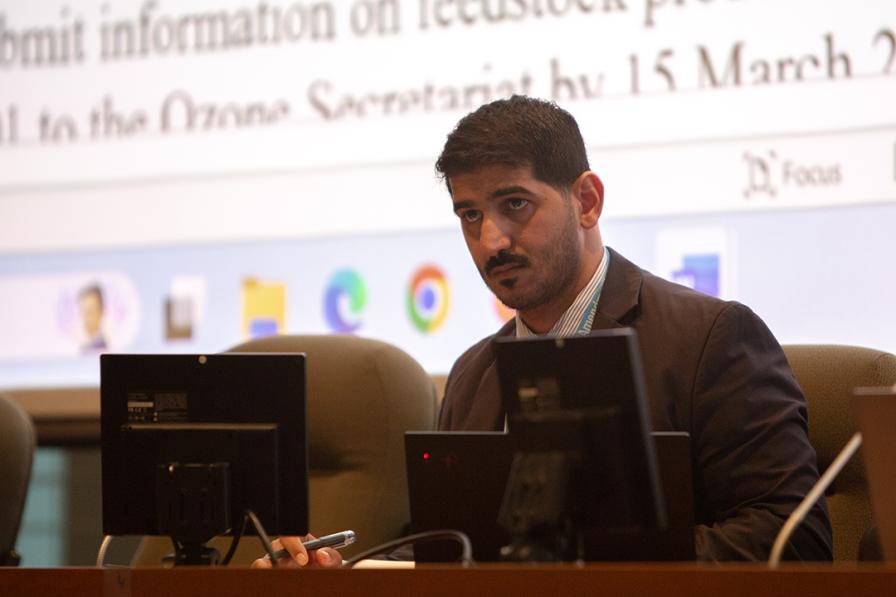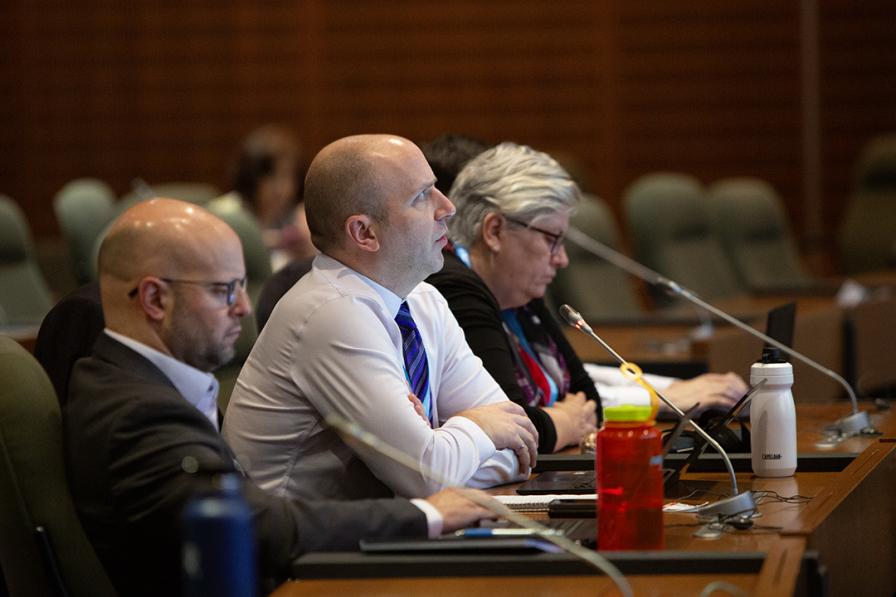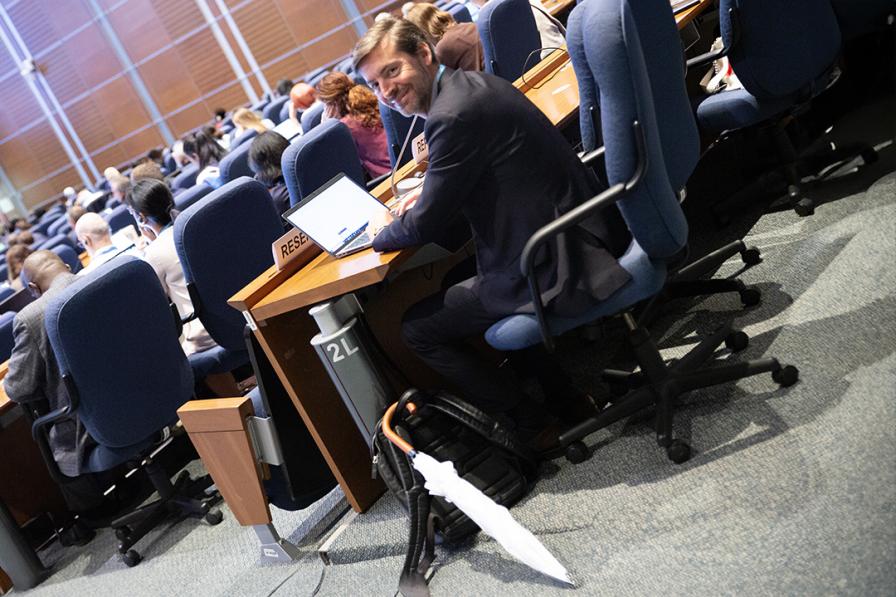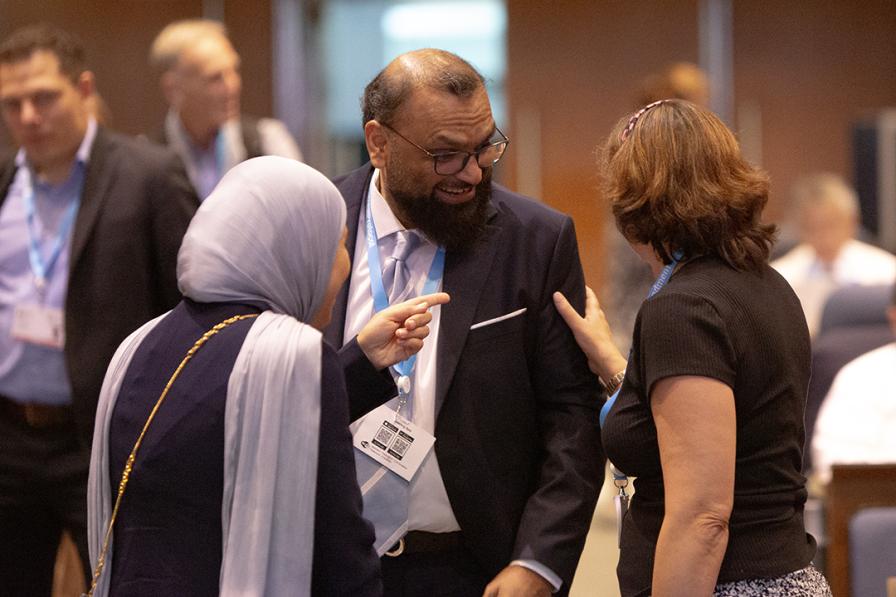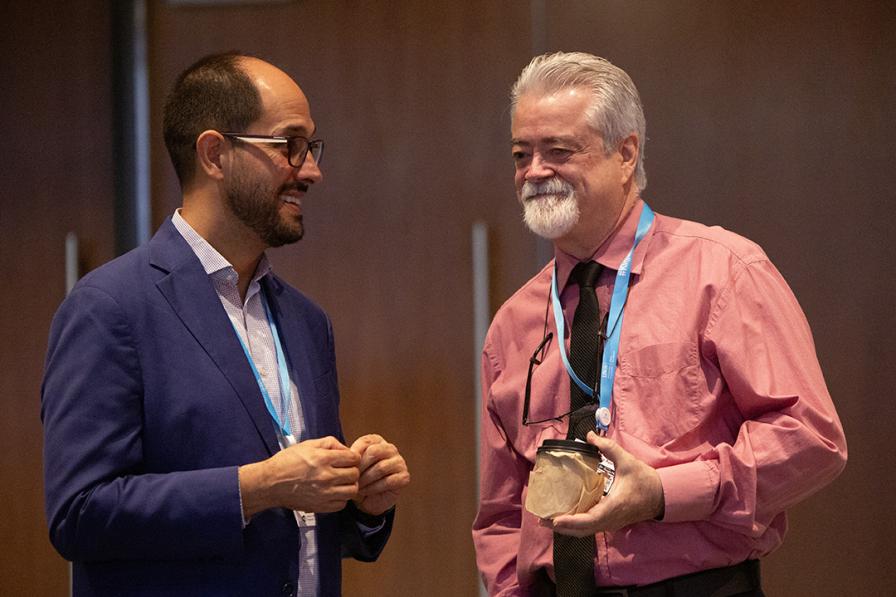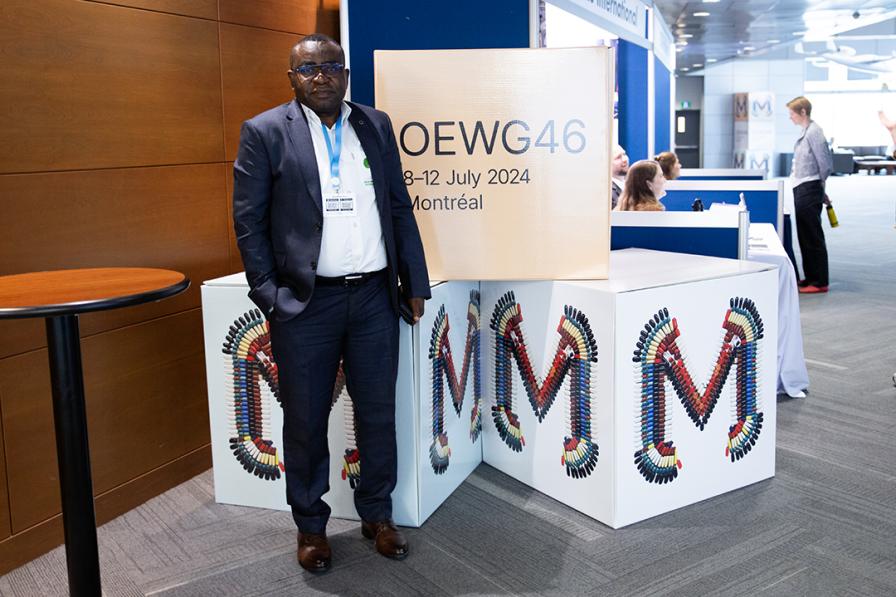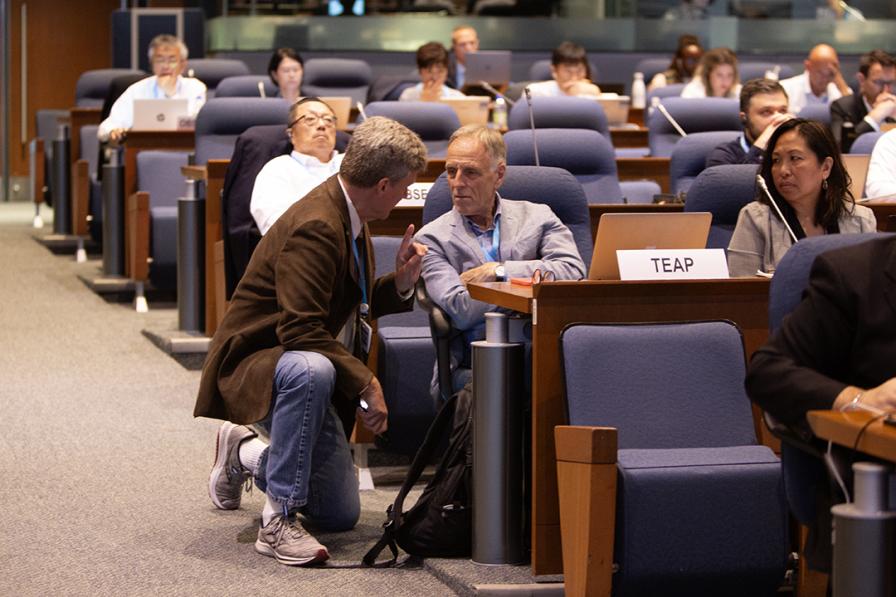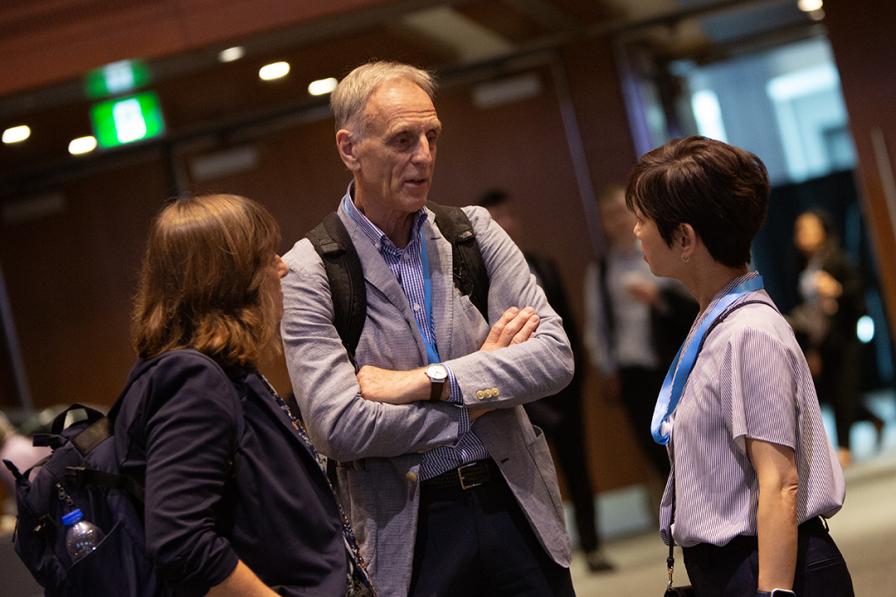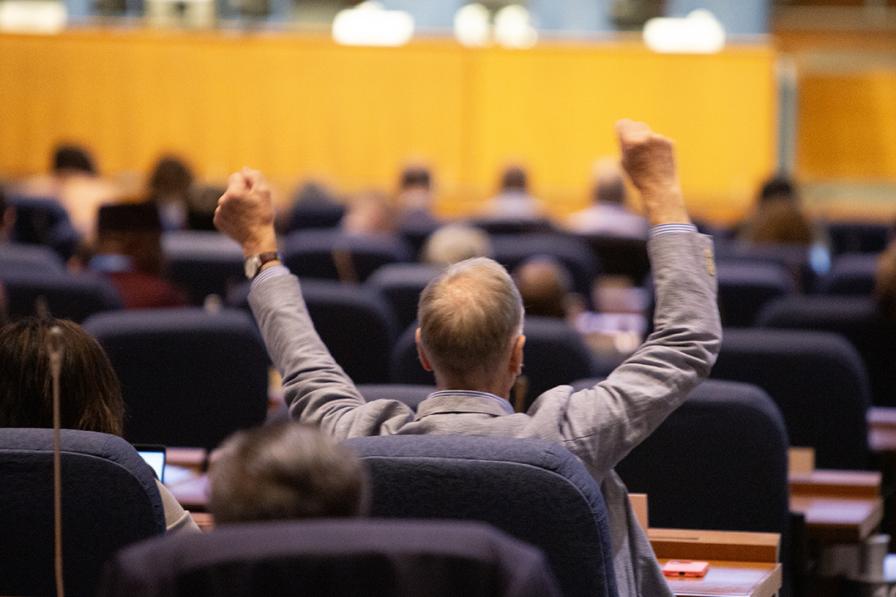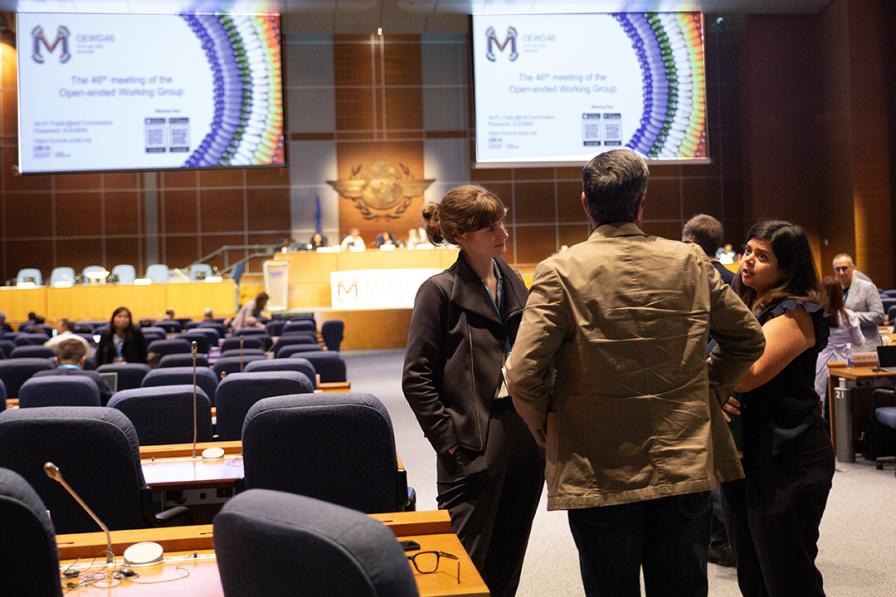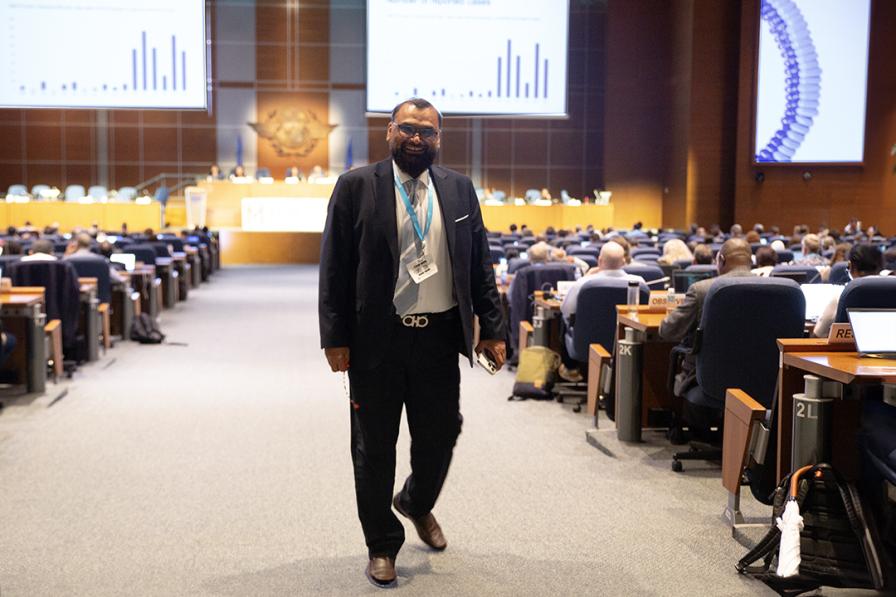Overcoming implementation challenges, specifically phasing out substances controlled by the Montreal Protocol and the Kigali Amendment, is currently at the center of deliberations and at the heart of the ozone regime. At the halfway point of the meeting, delegates attending the 46th meeting of the Open-ended Working Group (OEWG 46) engaged in discussions on some weighty issues including combating illegal trade and feedstock uses of substances controlled under the Montreal Protocol.
The report of the Technology and Economic Assessment Panel (TEAP) provided assessments of the latest available and emerging alternatives to hydrofluorocarbons (HFCs) in high ambient temperature (HAT) countries, highlighting that there was not enough commercial information available during the preparation of the report. Several HAT countries, including Saudi Arabia, Kuwait, and Bahrain, together with India, underlined that many of the alternative technologies described in the report were not actually available or accessible to their populations, hindering their efforts to implement the Kigali Amendment. They argued the report does not reflect the realities on the ground. India, in conjunction with other affected countries, is expected to report back on the preparation of a potential draft decision on this issue later in the week.
Delegates also discussed the necessity of a draft decision calling for further information and discussion on feedstock uses of controlled substances. Some ozone depleting substances (ODS) are used to manufacture other products, including refrigerants, foam-blowing agents, polymers, pharmaceuticals, and agricultural chemicals. In the past, parties have requested assistance to reduce feedstock emissions, which themselves were significantly underestimated until recently.
Those requesting further information, including Australia, Canada, and the US, noted the draft decision did not present an additional burden to parties, as provision of information would be voluntary. Those opposing formal consideration of this issue, including India, Bahrain, and Argentina, preferred to request the TEAP and the relevant Technical Options Committees (TOCs) to continue updating parties, as usual. In the end, delegates agreed to convene an informal group, co-facilitated by Michel Gauvin (Canada) and Leslie Smith (Grenada), to try to bridge the divide.
Delegates also opened discussions on:
- strengthening Montreal Protocol institutions, including combating illegal trade;
- potential changes to reporting form 3 on HFC-23 emissions; and
- a proposal by Cuba on additional funding to support countries with increased HFC reduction obligations from a baseline lowered by the coronavirus (COVID-19) pandemic.
They agreed to engage in further discussions on draft decisions related to: the illegal and unwanted import of energy-inefficient products and equipment, proposed by Kyrgyzstan; measures to facilitate the transition to metered-dose inhalers with propellants that have no or a low global-warming potential, proposed by the EU; and enhancing regional atmospheric monitoring of controlled substances, proposed by the US.
The contact group on enhancing global and regional atmospheric monitoring, co-facilitated by Liana Ghahramanyan (Armenia) and Alessandro Giuliano Peru (Italy), met in the morning and evening. The contact group on halons, co-facilitated by Ali Tumayhi (Saudi Arabia) and Andrew Clark (US) met over lunch. In the evening, the contact group on strengthening the Montreal Protocol, co-facilitated by Shontelle Wellington (Barbados) and Jana Mašíčková (Czechia), also convened.
All ENB photos are free to use with attribution. For this event, please use: Photo by IISD/ENB | Angeles Estrada Vigil
To receive free coverage of global environmental events delivered to your inbox, subscribe to the ENB Update newsletter.

